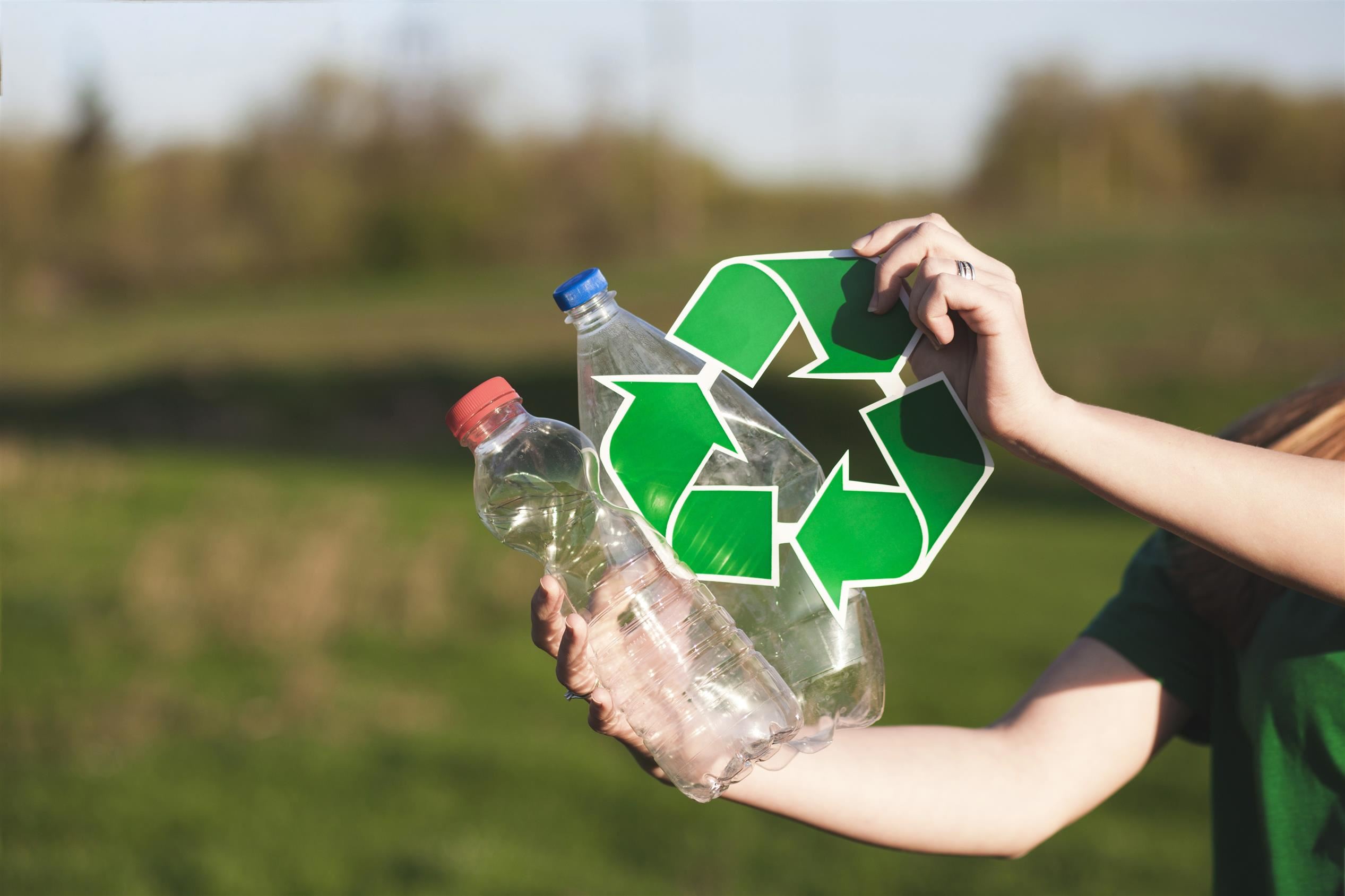
The circular economy is the latest trend, with reuse and recycling finding their way into everyday life. It is an economic system that targets zero waste and pollution throughout materials’ lifecycles, from environmental extraction to industrial transformation and final consumers, applying to all involved ecosystems.
What remains at the crux is recycling. When you recycle plastic or other materials, you aim to give old, used products new life. Converting waste materials into new objects and materials is the essence of recycling.
As sustainability concerns continue to dominate packaging decisions, plastic waste recycling plays an increasingly crucial role in reducing packaging discards and overall solid waste levels. Here are the benefits of recycling to ensure a better future.
Aids in Reducing Landfills
The waste generated by people globally has enormously increased because of the world’s growing population, shifting consumer preferences, and people’s increasingly dynamic lifestyles.
As a result, plastic waste production has increased by leaps and bounds in meeting people’s worldwide needs. They are taking a big chunk of landfill space. In the long run, landfill space will inevitably decrease by implementing efficient plastic recycling procedures.
Decreases Pollution across Ecosystems
Greenhouse gas emissions remain among the root causes of environmental degradation. They are the primary cause of climate change, an urgent problem that the world is working to address. Burning petroleum produces greenhouse gases when it is used to make plastics. Reusing plastic rather than creating it from scratch inadvertently lowers greenhouse gas emissions.
In addition to polluting land, water, and soil with toxic chemicals, thousands of animals across ecosystem have perished from ingesting plastic waste. Plastic waste is decreased when it is recycled. Consequently, this lessens pollution and preserves numerous animal species essential to the food chain.





Leave a Reply